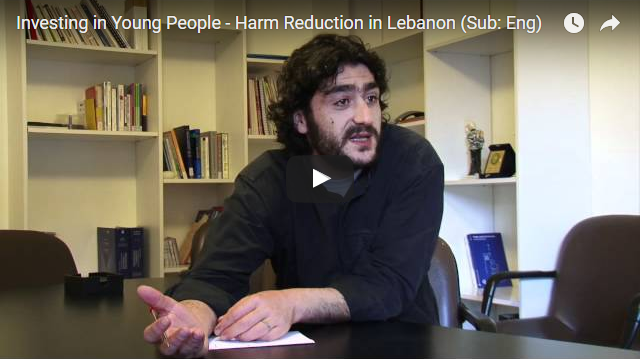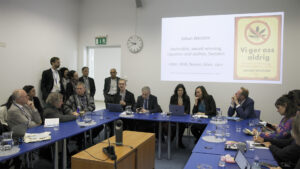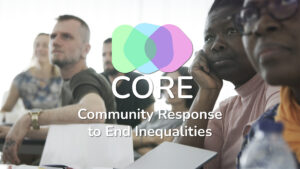Our new movie shows how harm reduction breaks taboos and moves drug policy in a good direction in Lebanon!
When we speak about injecting drug use and HIV, we rarely pay any attention to the Middle-East. But if you think that injecting drug use is not prevalent in these countries and young people have no access to heroin or amphetamine – you are very wrong. Harm Reduction International – the former IHRA – recognized the gap between the picture painted by governments and the reality of the streets when it decided to organize its latest international harm reduction conference in Beirut, Lebanon in April 2011. Our filming crew was there to explore this gap too. We interviewed drug users, professionals and researchers; please watch and share the movie!
In 1998, the drug law was amended, changing Lebanese drug laws from outright criminalization to a certain form of medicalization of the problem. There is still a long way for an effective and humane drug policy to be implemented though. Treatment is not available and the human rights of drug users are systematically violated; police officers often torture or rape offenders. If put into prison in Lebanon, this often means that you have to wait for years without a trial in an overcrowded cell with 20 or more people. Illegal drugs are more available in prisons than any legal forms of treatment. When we visited a prison in Beirut it happened to be an uprising among prisoners – no surprise! (We made another movie about that.)
When a young activist confronted a chief police officer at the conference and questioned him about police abuse, he simply slapped the girl in the face. This behavior clearly indicates how hard it is to preserve dignity for any young people, not to mention drug users. Will the Arab spring change drug policies for good? We do not know. Our interviewees were optimistic. We think governments should listen to Nadya Mikdashi, the Executive Director of Skoun, and invest more in young people in general – and not slap them in the face.
Posted by Peter Sarosi





